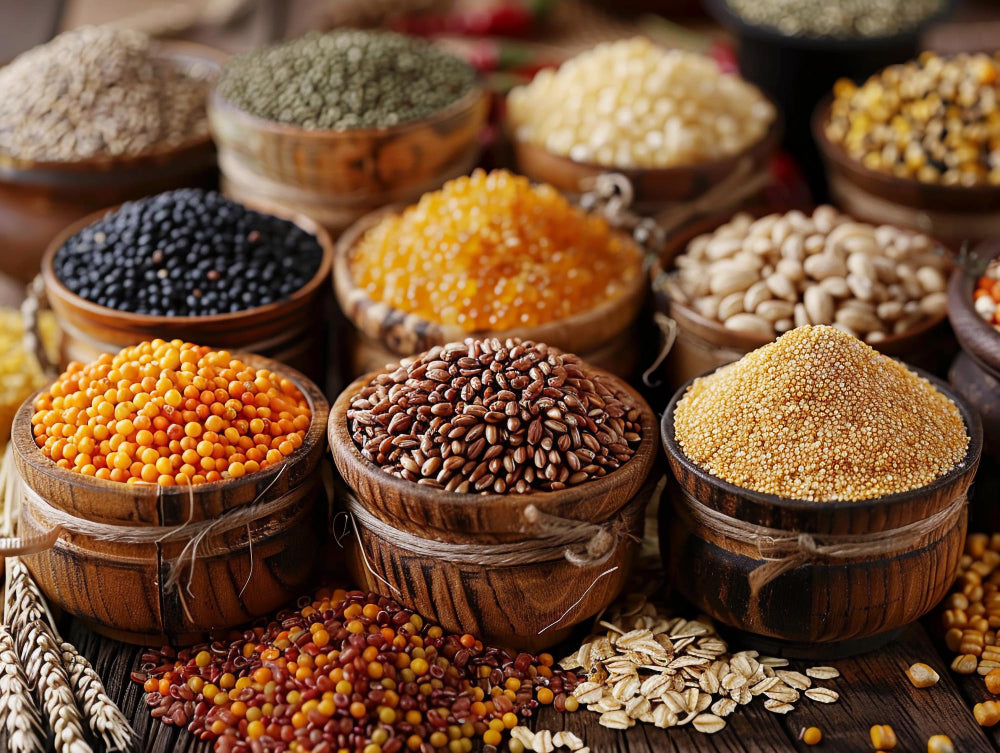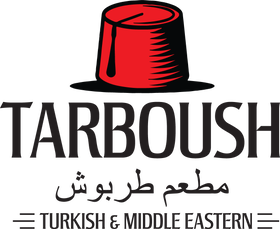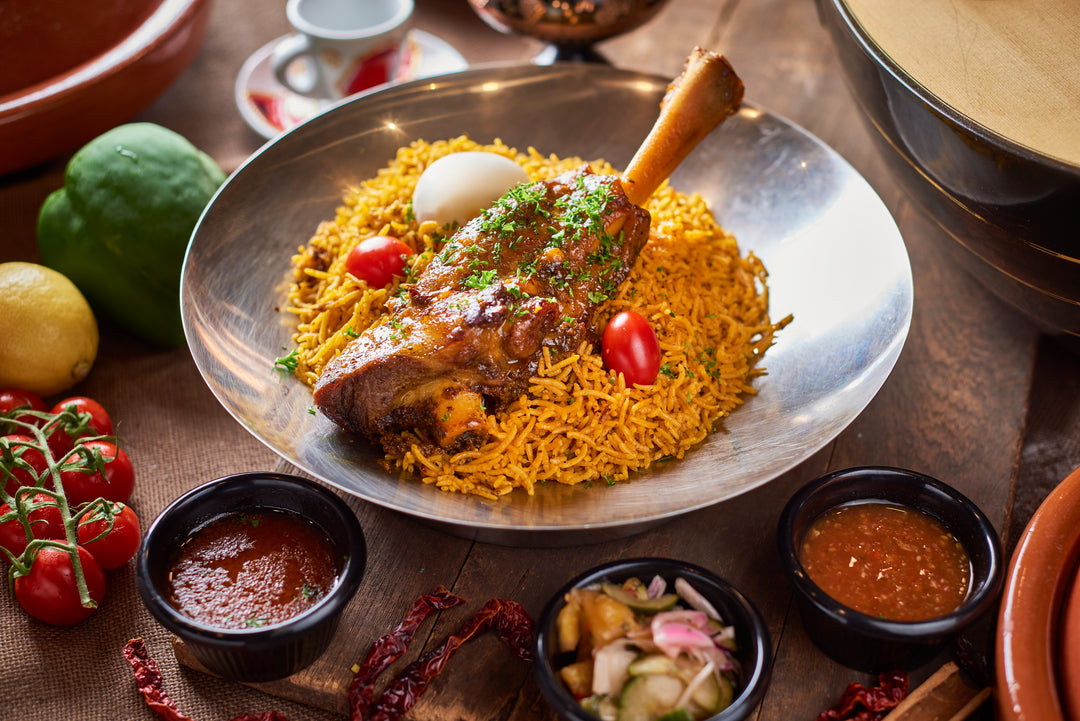Healthy and Delicious: Middle Eastern Diet Secrets

The Middle East, often stereotyped for its rich and indulgent cuisine, boasts a wealth of healthy and flavorful dishes. Contrary to popular belief, traditional Middle Eastern fare is centered around wholesome ingredients, such as whole grains, legumes, fresh vegetables, and lean proteins.
This blog post delves deep into the nutritional benefits of the Middle Eastern diet, providing insights into incorporating these healthy principles into your lifestyle.
The Foundations of a Healthy Middle Eastern Diet
Whole Grains: The Cornerstone of Nourishment
Bulgur, couscous, and freekeh are the unsung heroes of the Middle Eastern diet. These whole grains are packed with fiber, which aids digestion, promotes satiety, and helps regulate blood sugar levels. Unlike refined grains, they retain their bran and germ, offering a wealth of essential nutrients, including B vitamins, magnesium, and iron. Incorporating whole grains into your meals provides a sustained energy release, making them an ideal choice for individuals seeking to maintain a healthy weight.
Legumes: Protein Powerhouses
Lentils, chickpeas, and beans are the protein-packed pillars of the Middle Eastern diet. These versatile legumes offer a complete protein profile, making them an excellent choice for vegetarians and vegans. Beyond protein, they are rich in fiber, which contributes to digestive health and helps regulate cholesterol levels. Additionally, legumes are loaded with essential minerals like iron, potassium, and magnesium, which support various bodily functions.
Fresh Produce: A Vibrant Palette
The Mediterranean climate of the Middle East cultivates a bounty of fresh fruits and vegetables. Tomatoes, cucumbers, olives, and leafy greens are staples in the region's cuisine. These produce items are not only delicious but also packed with vitamins, minerals, and antioxidants. Antioxidants help protect the body from damage caused by free radicals, while vitamins and minerals support immune function, bone health, and overall well-being.
Lean Proteins: Nourishing and Delicious
While meat is enjoyed in moderation, Middle Eastern cuisine offers an abundance of plant-based protein sources. Tofu, tempeh, and nuts provide excellent alternatives for vegetarians and vegans. When incorporating meat into your diet, lean options like grilled chicken and fish are preferred. These protein sources are essential for building and repairing tissues, supporting a healthy metabolism, and maintaining strong immune function.
Healthy Fats: The Mediterranean Marvel
Olive oil is the undisputed star of the Middle Eastern kitchen. Rich in monounsaturated fats, it offers numerous health benefits. These healthy fats help reduce bad cholesterol levels, lower the risk of heart disease, and promote healthy skin and hair. Olive oil also acts as a flavor enhancer, imparting a rich and complex taste to dishes.
The Nutritional Powerhouse: A Deeper Dive
The Middle Eastern diet's emphasis on whole, minimally processed foods provides a wealth of nutrients that support optimal health.
- Fiber: The high fiber content of whole grains, legumes, and vegetables promotes digestive health, regulates blood sugar levels, and contributes to weight management.
- Antioxidants: The abundance of fresh fruits, vegetables, and herbs in the Middle Eastern diet provides a potent dose of antioxidants, which help protect cells from damage.
- Vitamins and Minerals: From the iron in lentils to the vitamin C in citrus fruits, the Middle Eastern diet offers a wide range of essential vitamins and minerals.
- Healthy Fats: The monounsaturated fats found in olive oil help reduce the risk of heart disease and promote brain health.
Incorporating Middle Eastern Flavors into Your Diet
Transitioning to a Middle Eastern-inspired diet is easier than you might think. By making gradual changes and incorporating key ingredients, you can enjoy the benefits of this healthy cuisine without sacrificing taste.
- Start your day with a Middle Eastern breakfast: Begin your morning with a bowl of yogurt topped with honey, nuts, and a sprinkle of cardamom for a nutritious and satisfying start.
- Lunchtime Refreshment: Enjoy a hearty salad featuring grilled chicken or chickpeas, along with a side of whole-grain pita bread. Incorporate fresh herbs and a drizzle of olive oil for added flavor.
- Dinner Delight: Create flavorful and satisfying meals by incorporating Middle Eastern spices like cumin, coriander, and turmeric into your cooking. Experiment with dishes like lentil soup, grilled fish with roasted vegetables, or chicken tagine.
- Snack Smart: Opt for nutrient-dense snacks like dates, almonds, or a handful of mixed nuts. These provide a satisfying and healthy alternative to processed snacks.
Cooking Techniques: Preserving Nutrients
Middle Eastern cuisine emphasizes fresh, minimally processed ingredients, and cooking methods that preserve nutrients. Grilling, roasting, and baking are popular techniques that allow flavors to shine without the need for excessive amounts of oil or fat. Stewing and simmering are also common methods that create tender and flavorful dishes while retaining nutrients.
Overcoming Challenges and Building a Sustainable Lifestyle
While the Middle Eastern diet offers numerous benefits, incorporating it into your lifestyle may present challenges. Access to authentic ingredients, time constraints, and dietary restrictions can be obstacles. However, with planning and creativity, you can overcome these hurdles and enjoy the rewards of this healthy eating approach.
- Ingredient Sourcing: Explore local farmers' markets and specialty grocery stores for Middle Eastern ingredients. Consider growing your own herbs like mint, parsley, and cilantro.
- Time Management: Meal prepping can be a game-changer. Prepare large batches of grains, legumes, and sauces to save time during the week.
- Dietary Adaptations: The Middle Eastern diet can be easily adapted to accommodate various dietary needs, including vegetarian, vegan, and gluten-free lifestyles.
By understanding the foundations of the Middle Eastern diet, incorporating its flavors into your meals, and adopting healthy cooking techniques, you can embark on a culinary journey that nourishes your body and satisfies your taste buds.







